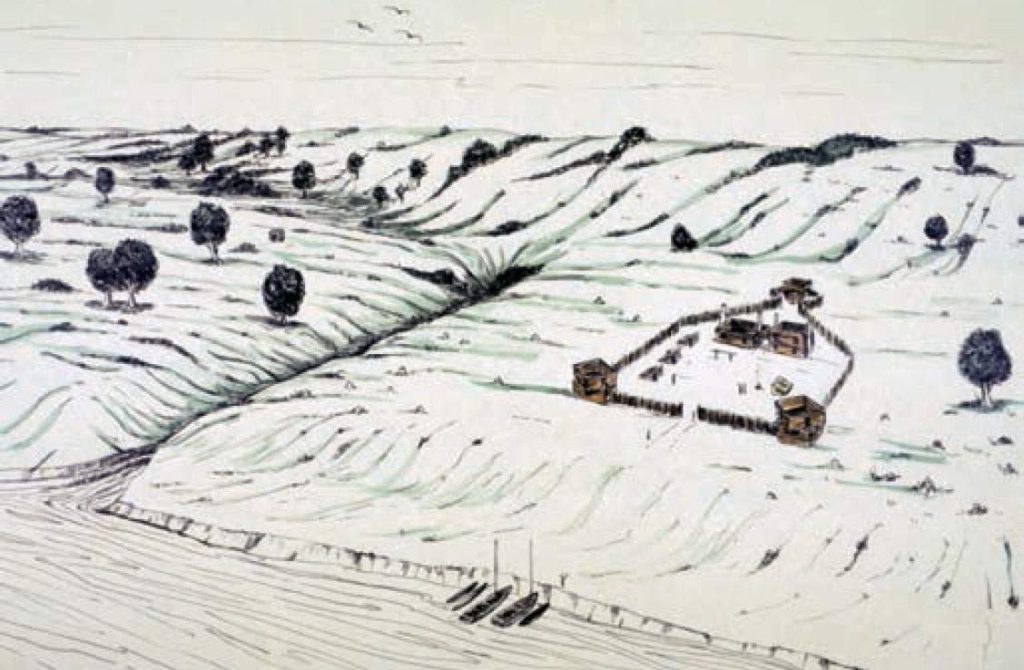Although leaders in Fort Madison have not reversed an earlier decision to split a historic parcel of land and allow retail development on one section, they have entered into an agreement aimed at historic preservation and management of the remainder of the property.
While many, myself included, remain disappointed and disheartened by the prospect of a Dollar General store on a part of this significant and irreplaceable War of 1812 battlefield, the most recent action by the Fort Madison City Council nonetheless deserves praise as movement in a good direction.
The city will expend a portion of the $51,000 grant money received from the National Parks Service American Battlefield Protection Program to partner with The Walker Collaborative, based in Nashville, Tenn. The organization was the only company of the nine approached by the city to submit a proposal. All nine organizations, according to city documents, had “demonstrated expertise in the preparation of historic preservation and museum planning reports as applied to War of 1812 era government factory posts and battlefield sites.”

Officials sought a partner to prepare a planning, preservation and development management plan for the remaining battlefield site. And, the online portfolio of historic preservation work done by The Walker Collaborative is impressive. Principal Philip Walker has worked with, among others, Pittsburgh, Pennsylvania to balance economic redevelopment with historic preservation, and with Prince William County, Virginia to enhance the Manassas Battlefield (Bull Run) with fixed vantage point environmental elements (viewsheds).
It will be interesting to watch as the consultant works to balance the visual of a Dollar General store into a War of 1812 battlefield experience. Maybe the sign can be topped with a period hat? Could Black Hawk’s Ravine be excavated and returned to its previous glory, complete with obscuring tree-flanked ridges?
Whatever proposal emerges, city leaders will need to exhibit strength in the face of a national retailer that may seek to influence any final plan. Patience also will be required as a balance is struck between U.S. and Native American historical significance and individual interpretations of what constitutes preservation.
Hopefully all parties will be able to strike a compromise by remembering preservation of something still is far better than losing everything. Forget the Alamo. Here in Iowa we need to sound a cry to remember Dollar General.
Regarding my previous column on the Fort Madison battlefield site, two points need clarification. First, I touted the site as the only War of 1812 battle west of the Mississippi, and received opposing feedback pointing to the 1815 Battle of the Sink Hole. I’m going to stand by my assertion because the Battle of the Sink Hole was fought after the Treaty of Ghent, or the official end to the War of 1812.
However, my assertion that the Fort Madison battlefield is the only such War of 1812 site in Iowa was incorrect. Davenport claims Credit Island, which saw a two-day battle in Sept. 1814. It is now a 420-acre park featuring a golf course, bicycle trails and various sports fields.
This column by Lynda Waddington originally published in The Gazette on Aug. 30, 2014.
